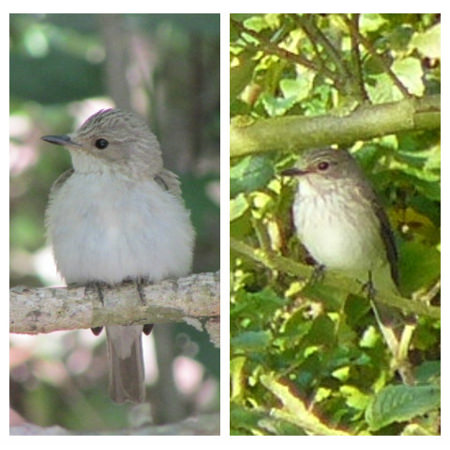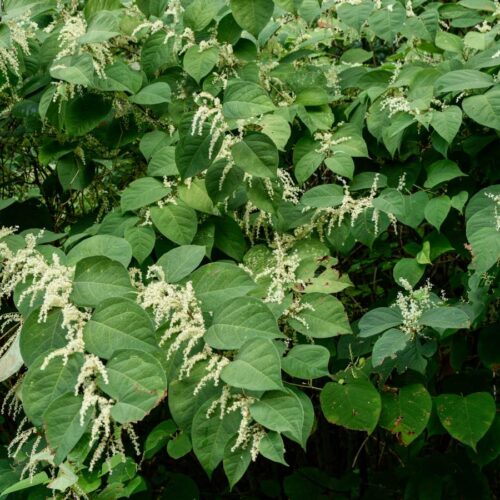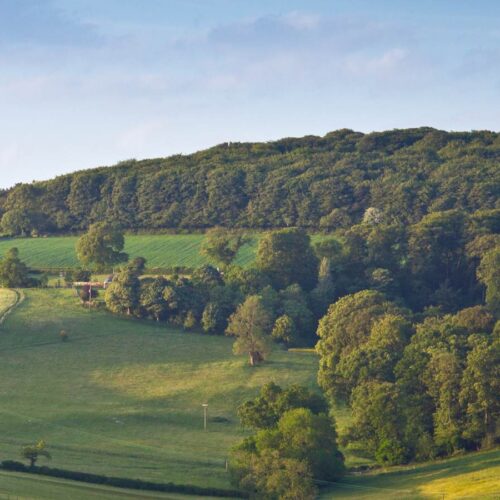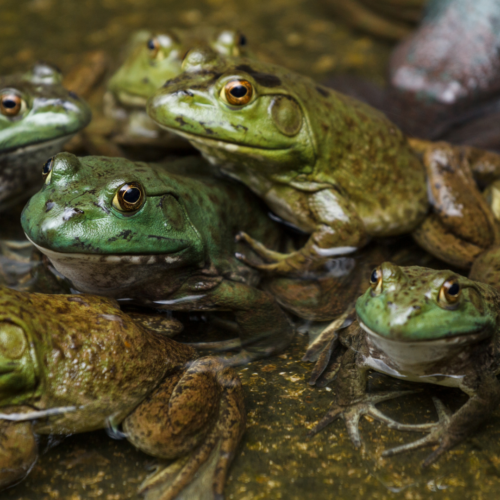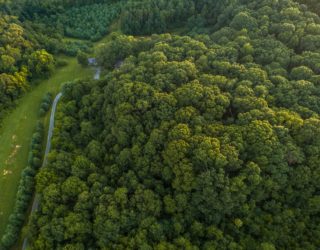The spotted flycatcher (Muscicapa striata) is a late summer migrant to Britain, and one that has shown a precipitous decline over the last 30 years. The population is now only a sixth of what it once was.
Factors influencing this may include changes in conditions in its African wintering grounds and declines in breeding productivity. A typical “little brown job”, it has its own charm and is fond of human-influenced habitats for its breeding territories: gardens, orchards and graveyards.
Last summer whilst in Menorca I noticed lots of “spot flys” in our hotel grounds. It was entertaining to see them feeding their rambunctious young perched on branches in the shade of the garden trees. I’m always keen to add a lifer (a bird I’ve never seen before) or two when on holiday. Although I saw some interesting birds like Egyptian vulture, booted eagle and bee-eater, there was nothing new for my lifer list, or so I thought.
Imagine my surprise on returning when viewing a taxonomic bird forum I regularly access (as you do) I saw that a paper had been recently published suggesting that “spot flys” on the Balearics, Sardinia and Corsica, and adjacent Italian mainland, are a cryptic species that differ in DNA, morphology, call and song from “our” “spot flys”. A new bird species in Europe – who would have thought? The proposed English name is Tyrrhenian spotted flycatcher (Muscicapa tyrrhenica). Catchy!
If one ever gets over here, as it is likely to do as Mediterranean migrants regularly overshoot, it can be told apart by a shorter primary projection (the primary feathers extend less beyond the secondaries than for the “spot fly”), a much paler appearance, less distinct breast spotting and call.
Here are photos of a Tyrrhenian spotted flycatcher and a spotted flycatcher. Spot the difference (!)
